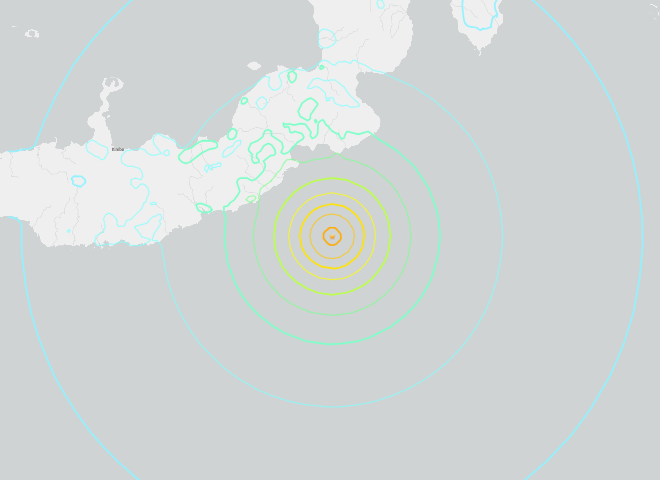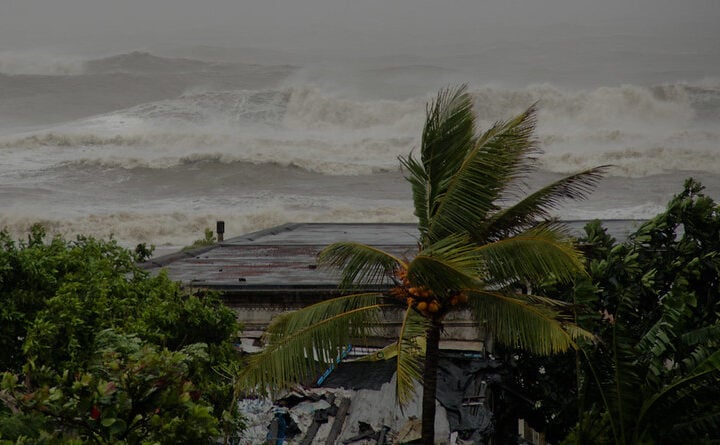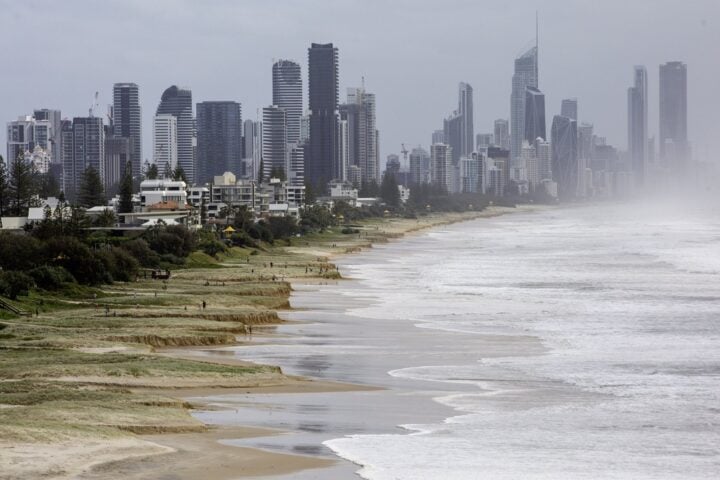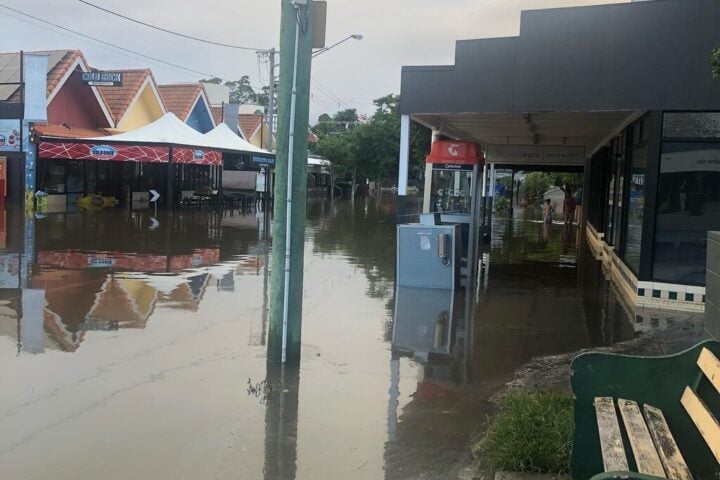In 2005, widespread floods wrecked the city of Mumbai, resulting in the deaths of 1000 citizens because of plastic bags blocking the drains, manipulating the flow of drainage, and compromising the flow of floodwater. Recently, a report stated that an estimated 218 million of the world’s poorest people are on the verge of having their livelihoods and lives affected as a result of severe and recurrent flooding due to plastic waste.
The number is equal to the population of countries like the UK, France, and Germany together. 41 million children, the elderly, and disabled people stand at risk of being impacted by the floods. Populated regions like Southeast Asia and the Pacific, which account for almost three-quarters of the population, remain at risk of plastic aggravated flooding.
Plastic waste pollution combined with climate-driven extreme weather events, including heavy rains and floods, has made urban communities worldwide more vulnerable. The study conducted by Resource Futures and Tearfund warned that plastic-related flooding is increasing on a greater scale and is contributing hugely to extreme flooding scenarios.
Between the years 2000 and 2019, annual plastic waste production has doubled globally and is tipping at 389 million tons, further worsening the situation. Inadequate solid waste management practices further exacerbate the issue, allowing plastic bags and other items to clog up drains.
Researchers noted that, in recent times, countries like Cameroon, Nigeria, the Democratic Republic of the Congo, Ghana, Bangladesh, and Indonesia have been facing more frequent and severe floods, due to plastic waste blocking sewers and drainage systems.
Similar Post
Plastic waste in such regions acts like a “risk multiplier” increasing the devastation caused by floods. According to the report, plastic pollution mostly affects the poor and marginalized communities that are already at the receiving end of environmental crises.
Last decade saw the intensity of plastic pollution double and is estimated to triple by the year 2060, with just 9% of plastic being recycled worldwide. Vulnerable communities described in the report, mainly in South Asia, East Asia, the Pacific, and sub-Saharan Africa, face additional risks due to poor urban planning and infrastructure exacerbating floods.
Drowning is the leading cause of death associated with floods. However, exposure to unsanitary water contaminated with fecal matter is hazardous too. It can lead to diseases such as cholera, diarrheal diseases, and other respiratory problems. Even those who survive flooding often endure significant hardships afterward, such as displacement and increased health risks.
2019 extreme floods displaced 4.1 million people In Bangladesh alone. This number could rise to 13.3 million by 2050. The United Nations is currently discussing with 175 nations to establish a legally binding plastic pollution treaty. The aim is to reduce plastic pollution by 80% until 2040.
The treaty may include international standards for the safe disposal of plastics, guidelines for reusable packaging, and the implementation of a plastic credits system to reward companies preventing plastic from entering the environment.
Projects are underway to enhance flood resilience in at-risk communities globally, such as the development of flood toolkits and early warning systems, as well as the improvement of drainage systems in areas like Kibera, Kenya.
The report acknowledges limitations due to the lack of detailed data on the impacts of plastic-aggravated flooding and insufficient modeling of the links between plastic pollution, flooding, and health. The estimate presented in the report is considered realistic and conservative, as it is based on multiple conservative assumptions and sense-checks.
The research focused on densely populated slums in regions including South Asia, East Asia, Pacific, and sub-Saharan Africa, where rapid and poorly planned development, along with limited flood-mitigation infrastructure, exacerbates the effects of plastic pollution.
Coastal communities and small-island developing states were excluded from the study, as coastal flooding is unlikely to be influenced by plastic waste. Globally, more than 1 billion people live in slums. This number is projected to reach 3 billion by 2050.
Governments are urged to prioritize the most affected communities in negotiations for the plastics treaty and take decisive action to reduce plastic production and ensure proper collection and recycling. Addressing plastic pollution through reduced production, improved waste management, and recycling is crucial to mitigating the risks of plastic-aggravated flooding and protecting vulnerable communities.


















